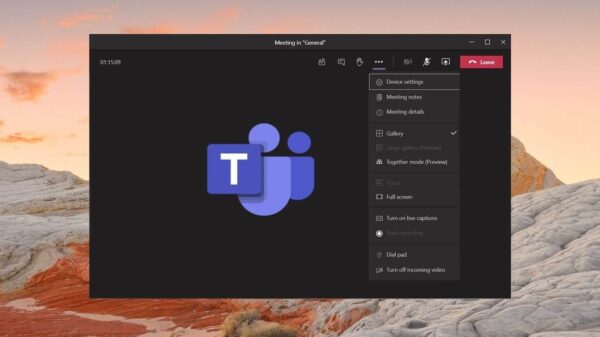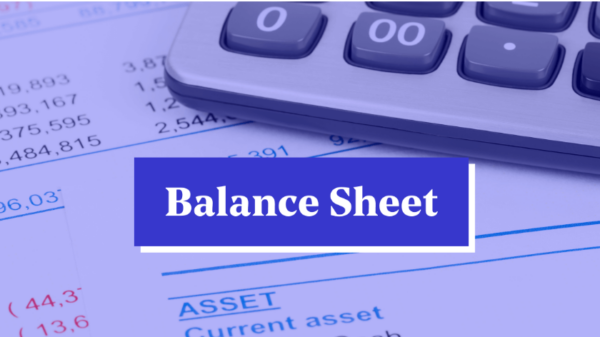When you require financial assistance or needs need funds for your business, a term loan is the first thing that comes to mind. whether for investing in a new line of business or expanding an existing one, or managing your day-to-day business expenses – you may consider term loans. Such loans have been tailor-made to meet the specific financial requirements of businesses. But, the Indian lending market is flooded with a wide range of finance sources. Keeping this in mind, let’s take a brief look at these loan types to give you an idea of which one best suits you.
A term loan is a relatively easy-to-avail form of business loans. It involves borrowing a specific loan amount from your preferred lender, and in return, pay back the borrowed sum along with interest over a predetermined period. Payments are made through equated monthly instalments or EMIs.
Lenders, usually financial institutions and NBFCs, make a prior assessment of a borrower’s repayment capacity and credit score before sanctioning the loan amount. A CIBIL score of 750 or above is the ideal credit score one must have to apply for loans.
Major advantages of the terms loans are instant approval with minimal documentation, fast disbursal of funds to your accounts and flexibility in repayment.
Types of term loans
Now that you know what term loan is, you must also be aware of the kind of term loans available in the market. As the name implies, term loans are categorised based on the loan tenor. Hence the types of term loans are – short-term, medium-term and long-term loans. Let’s take a look at each of them in detail.
- Short-term loans
A short-term loan usually ranges from 1-2 years. It is mostly required to fund the day-to-day business requirements or the working capital needs of a firm. There are numerous sources of business finance that meet short-term obligations. It includes availing a loan from financial institutions, discounting bills of exchange, business credits, and many more. It can be used as working capital, trade credits, bills of exchange, etc.
Short-term advances carry a higher rate of interest as compared to long-term credits. Plus, it might also require weekly repayments if the tenor is too short. Now, the shorter the term, the higher will be the interest rate. Hence, a loan seeker must be aware of the best interest rates available in the market before settling on one. Moreover, if you default on payments, the charge levied will also be significantly higher.
- Medium-term loans
A medium-term loan usually ranges from a period of 2-5 years. Such loans are mostly availed for renovating a fixed asset; invest in more inventories or boosting the working capital. These advances are especially catered for SMEs and MSMEs to expand their infrastructure and operations, upgrade their machinery, etc. This customised credit facility provides your existing business with a much-needed boost to scale up to new heights.
To avail these sources of business finance, first, check your eligibility criteria using a business loan calculator.
- Long-term loans
These financial advances come with tenors of over five years. Usually, long-term loans are secured, hence they require pledging your assets as collateral, and the interest rate is also lower than that of the unsecured ones. EMIs for such loans are relatively lower as they are spread over a longer tenor.
These sources of business finance come with greater flexibility in terms of payment, as lenders have the option to liquidate your assets if you default on payments.
Before availing a credit, always compare it with your income stability and repayment capacity. With this information in hand, you can have a clearer idea of which term loan to go for.































































You must be logged in to post a comment Login